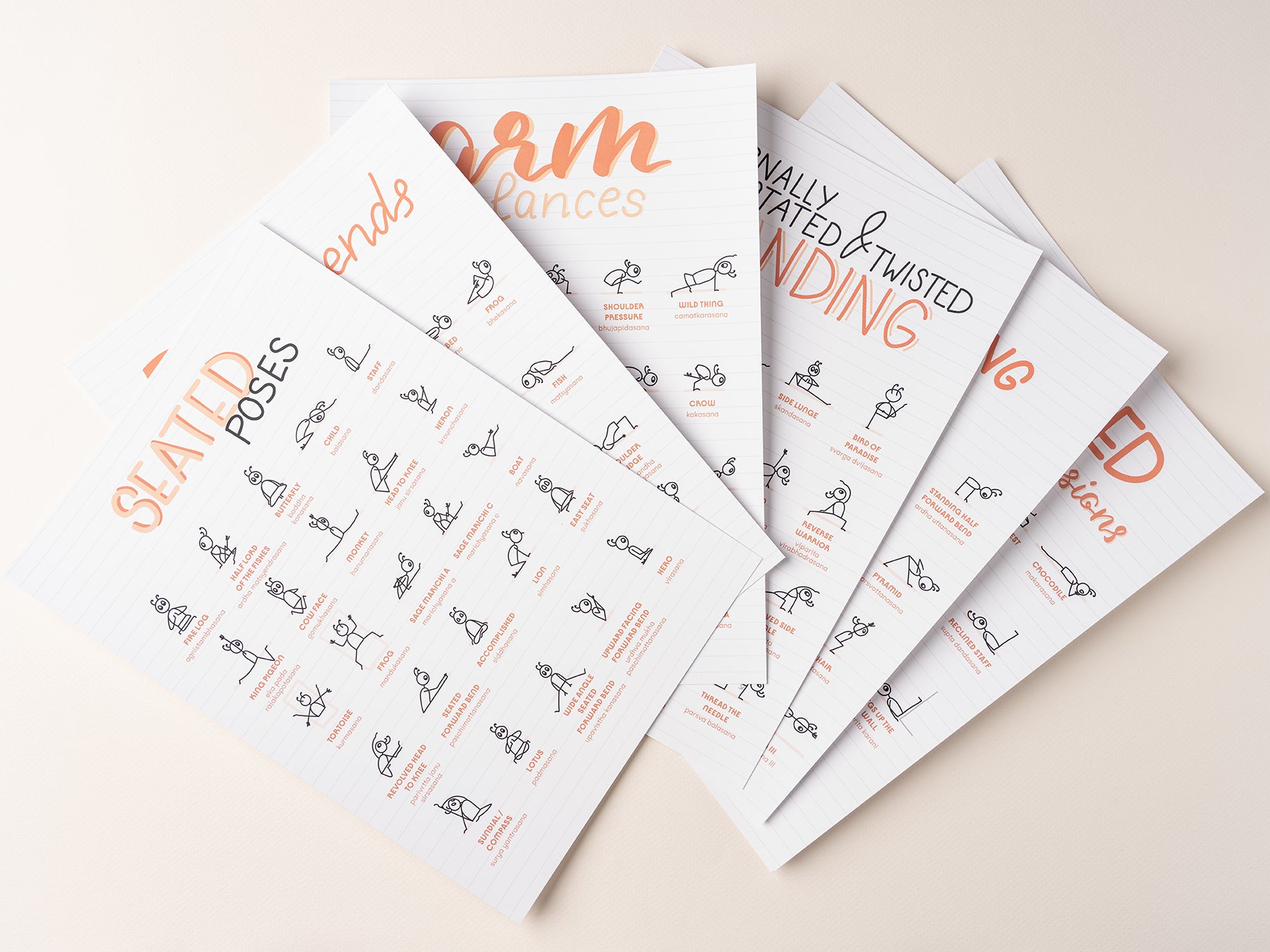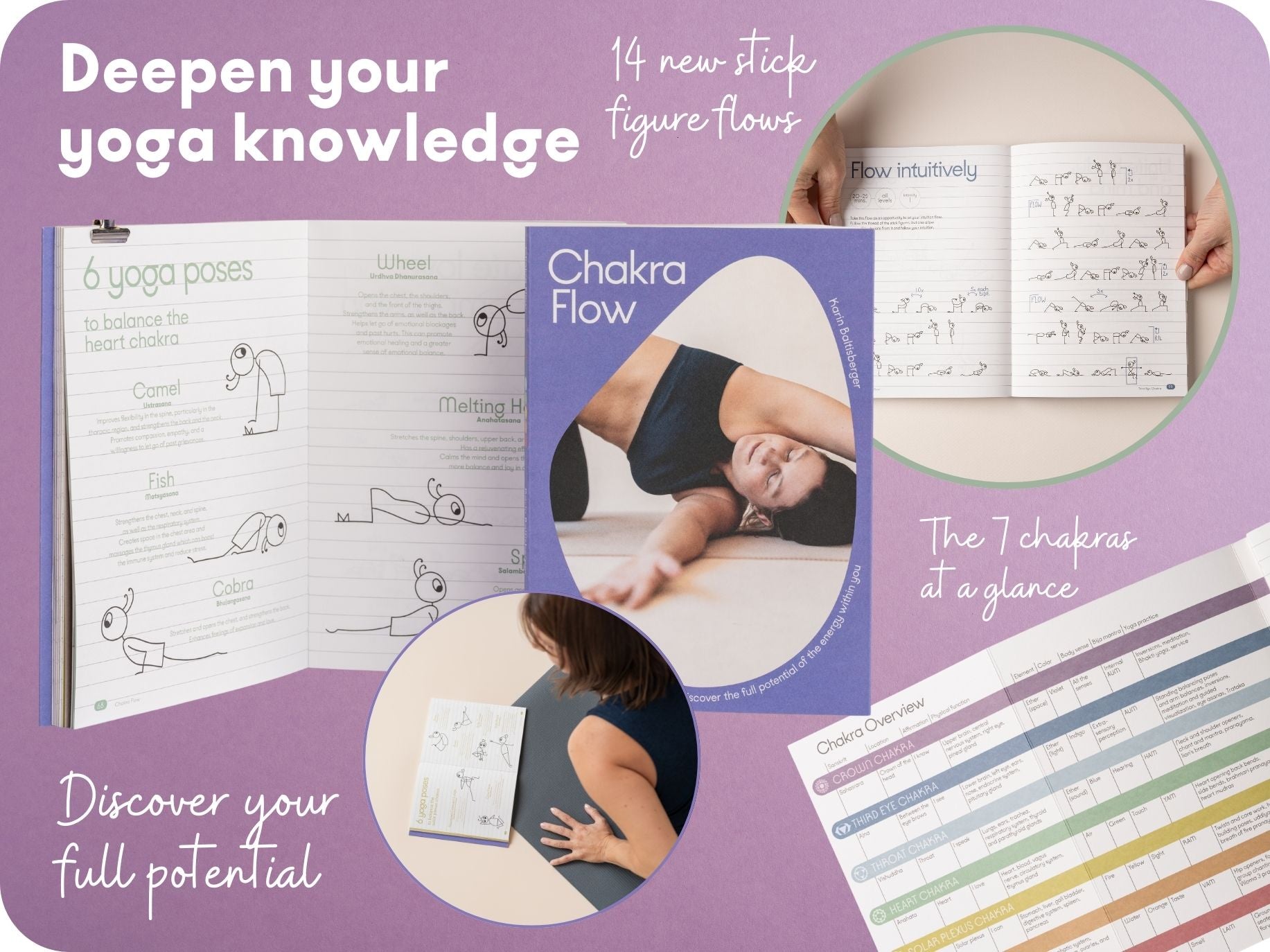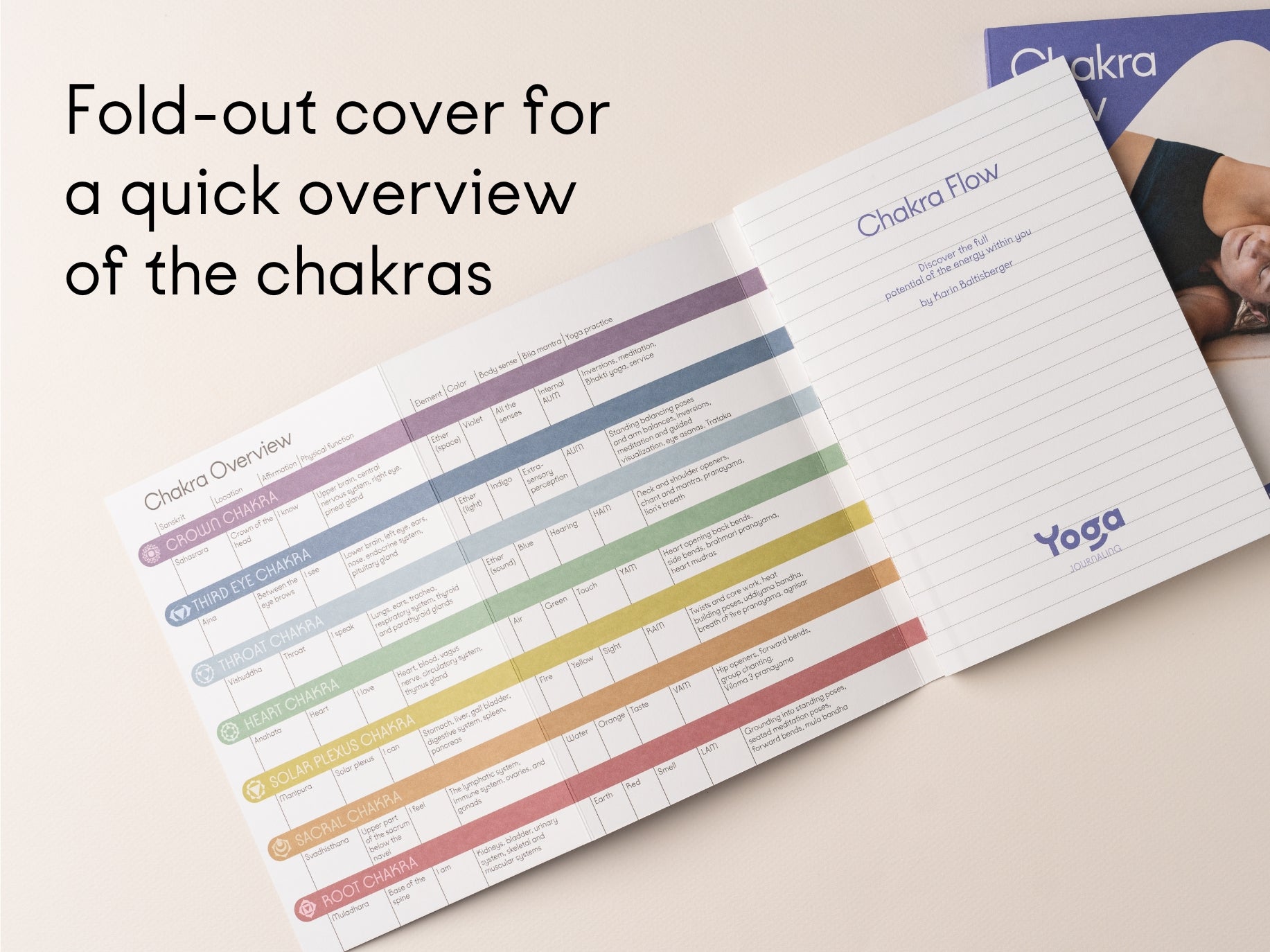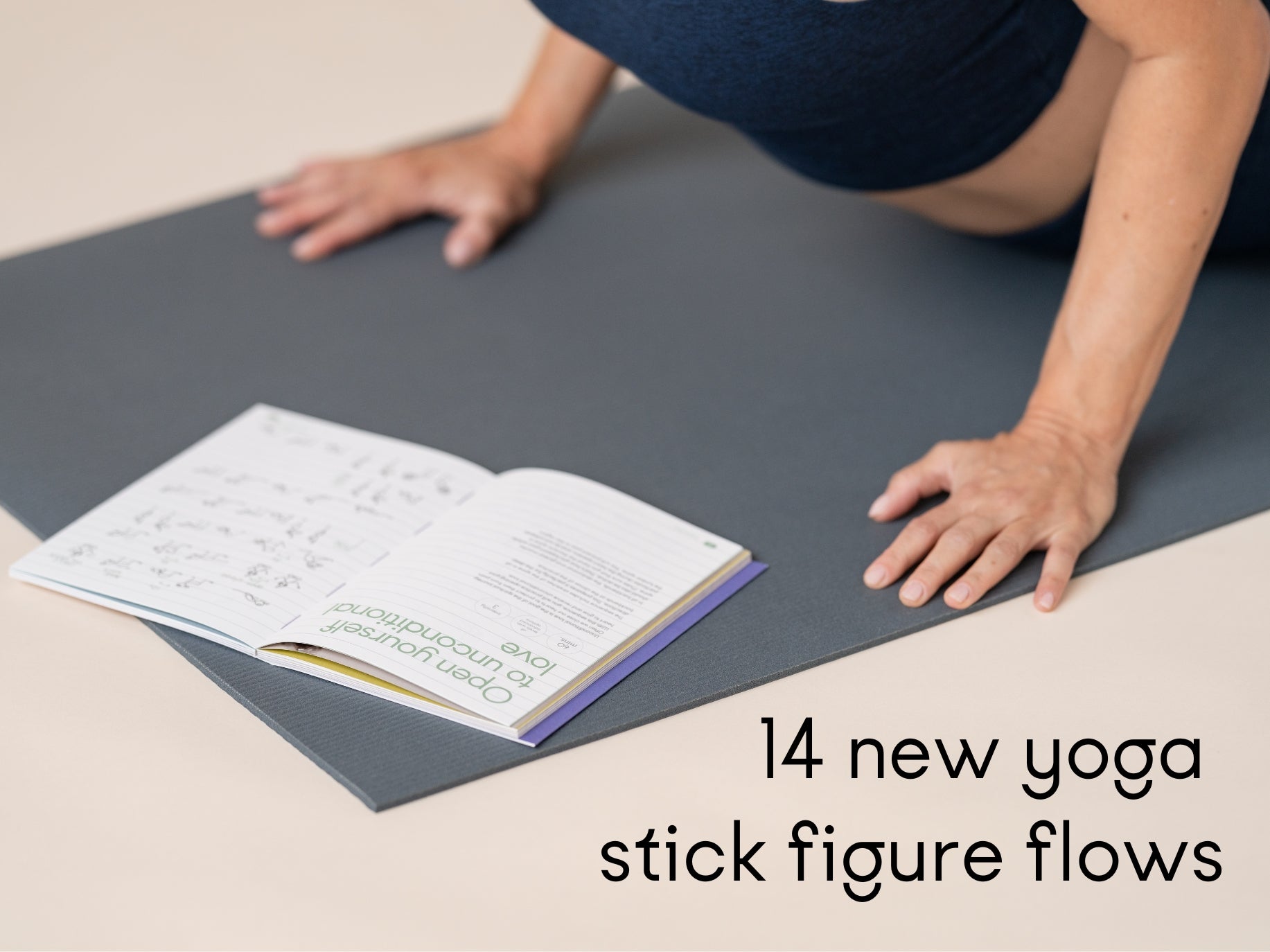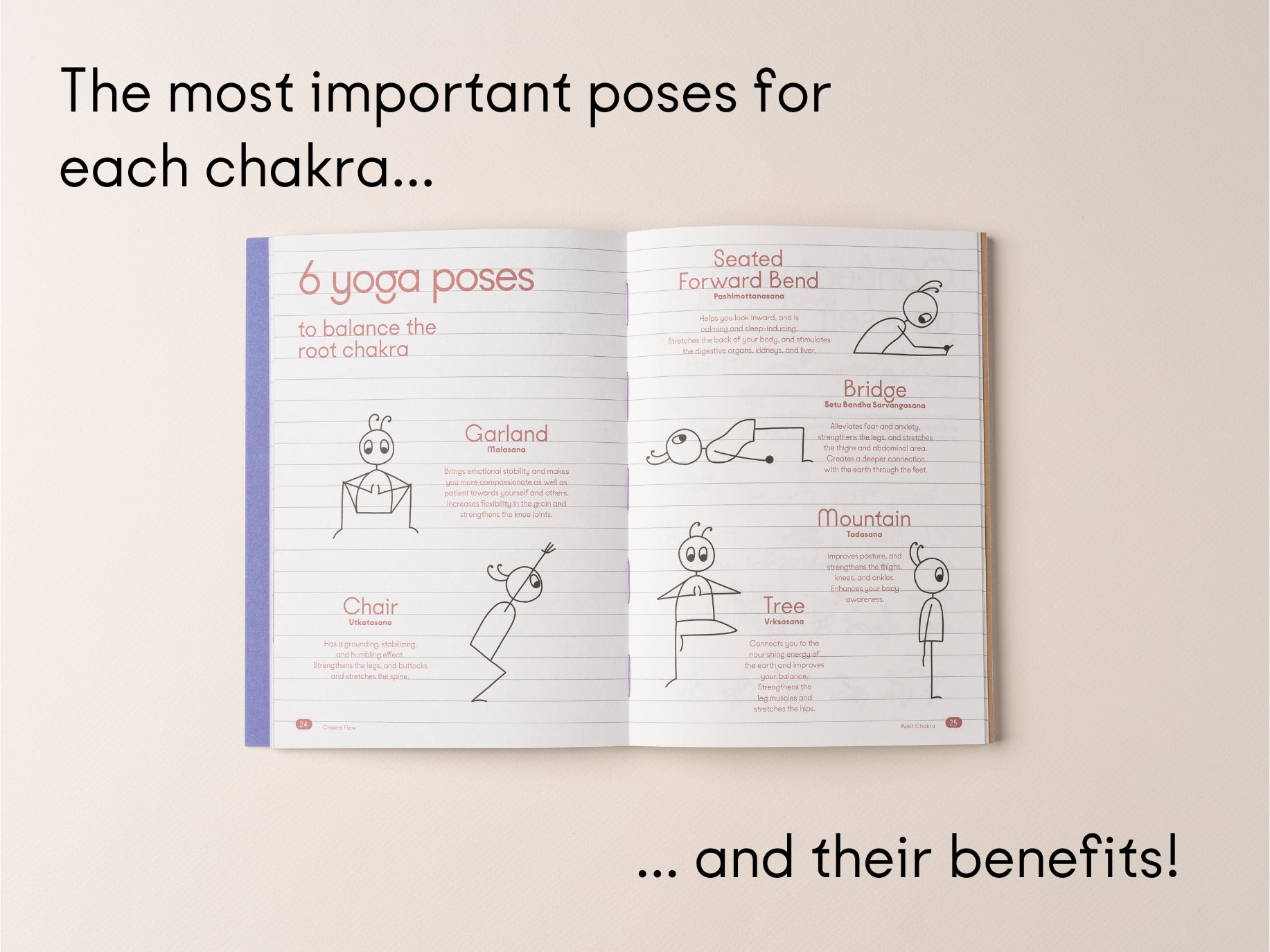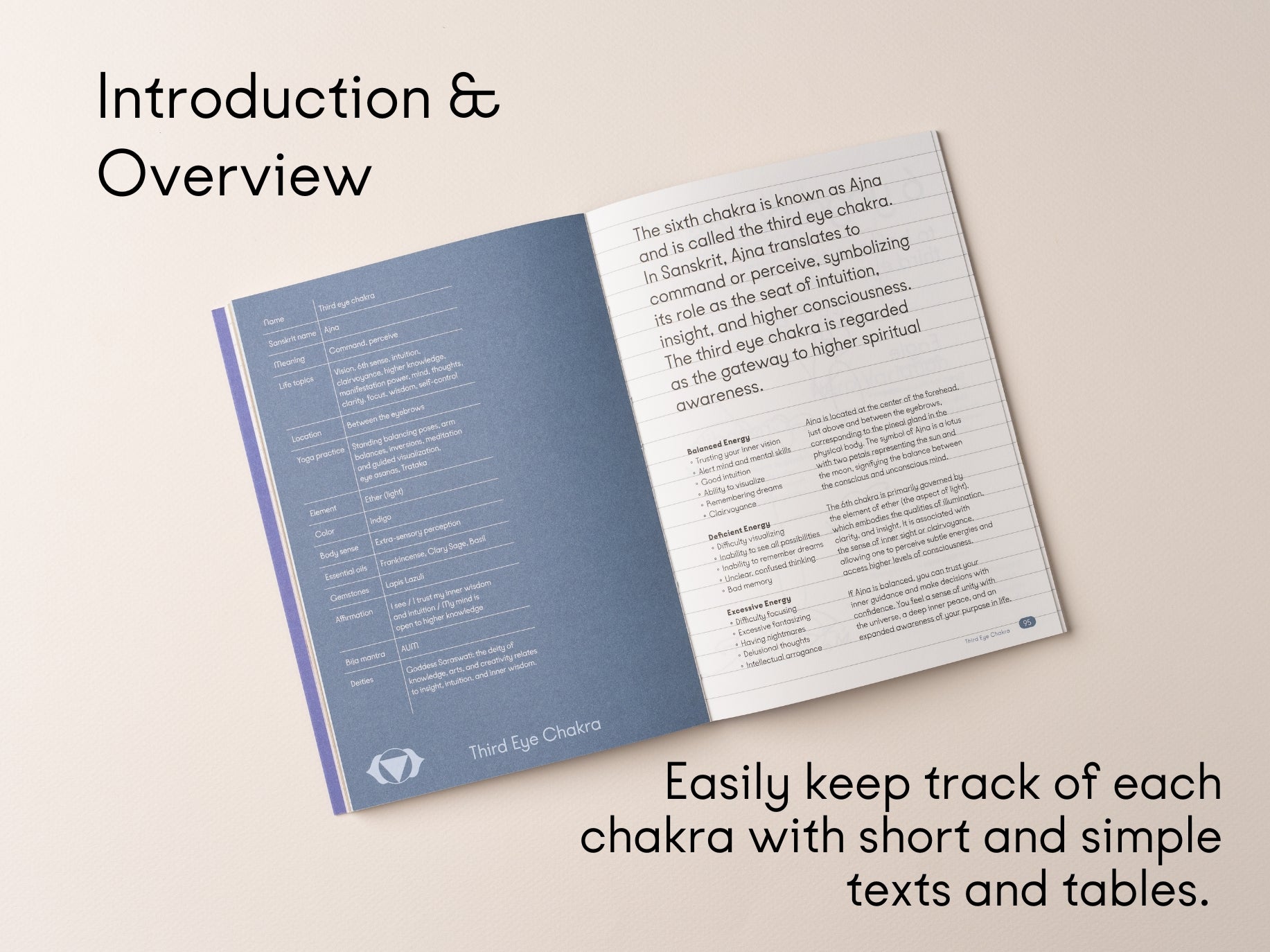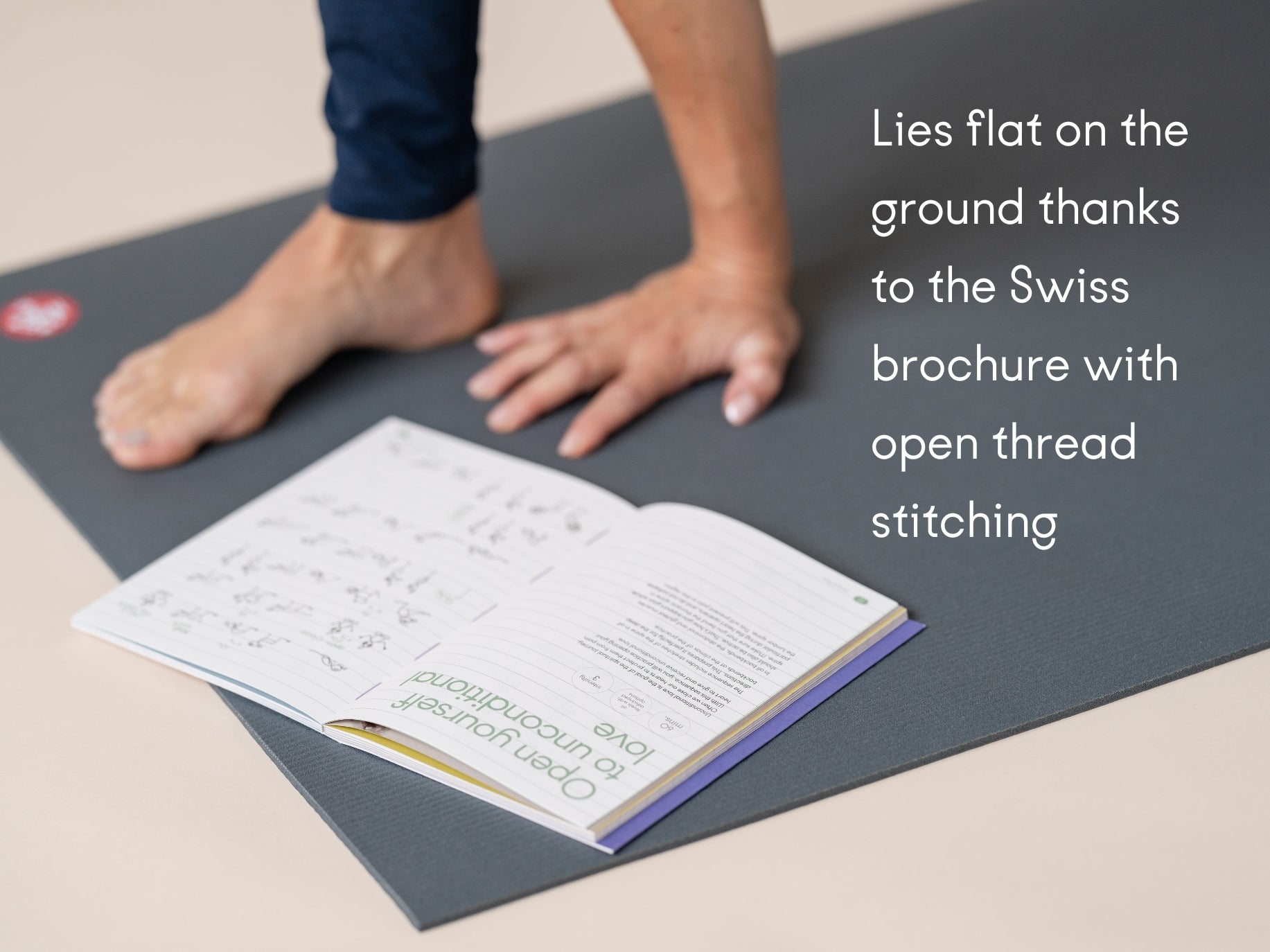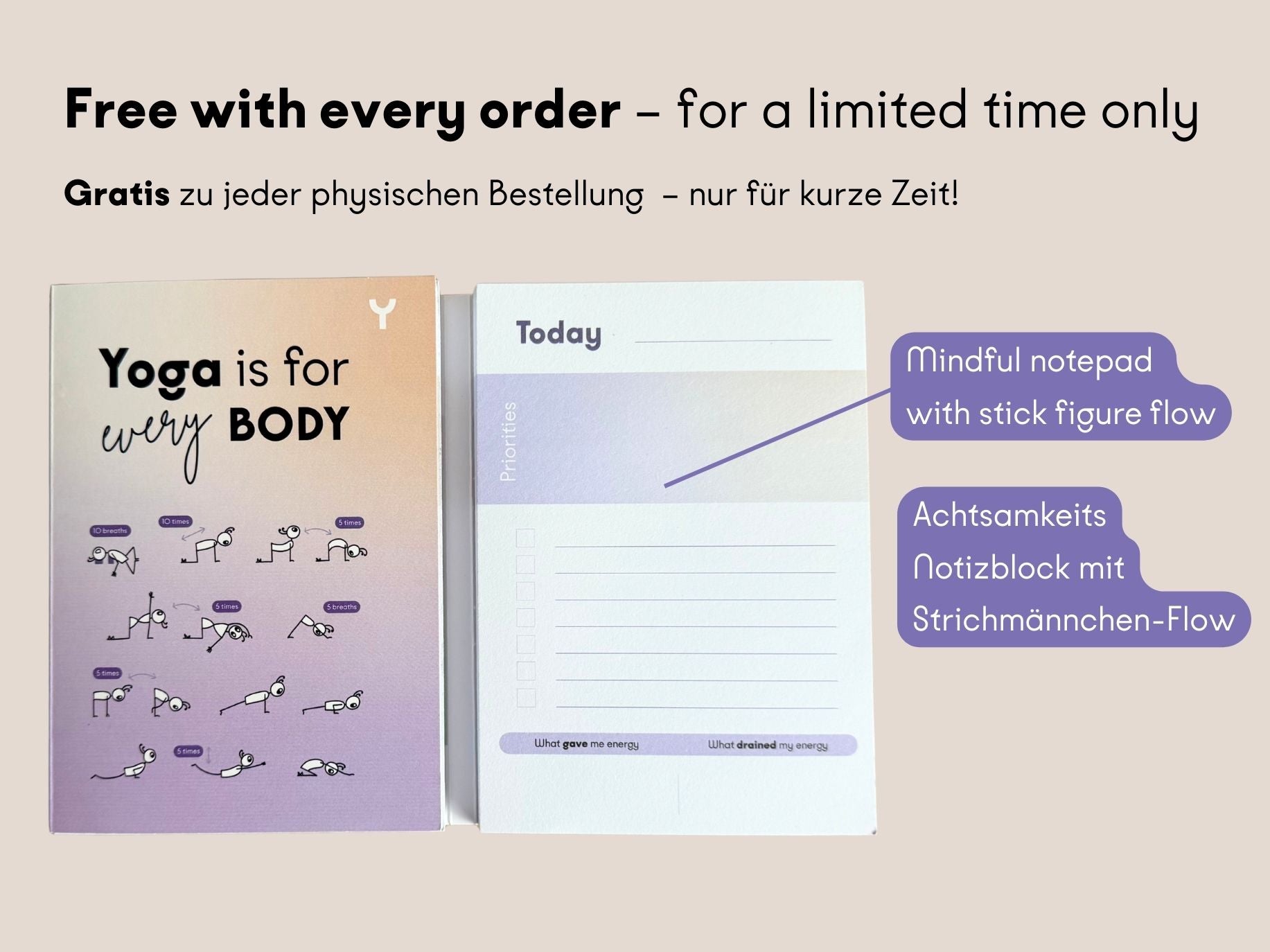Yoga workshops are a fantastic way for teachers to dive deeper into specific aspects of the practice, attract new students, and provide unique experiences beyond regular classes. Whether you’re looking to explore a niche topic, offer an immersive experience, or simply expand your teaching repertoire, developing and promoting specialized yoga workshops can be a rewarding endeavor. In this article, we’ll explore how to create compelling workshop ideas and effectively market them to your audience.
Why Offer Specialized Yoga Workshops?
Specialized workshops allow yoga teachers to explore topics in greater depth than a typical class permits. They can:
- Attract New Students: Workshops often appeal to a broader audience, including those who may not regularly attend your classes but are interested in a specific topic.
- Deepen Student Practice: Workshops provide the time and space for students to delve into areas of yoga that interest them, from advanced postures to philosophy.
- Increase Income: Offering workshops can be a profitable addition to your teaching schedule, especially if they fill a unique gap in the market.
Developing Your Workshop Ideas
1. Identify Your Niche
The first step in creating a successful yoga workshop is identifying your niche. What are you passionate about? What unique skills or knowledge can you offer? Here are some niche ideas to consider:
- Yoga for Athletes: Focus on stretching, flexibility, and injury prevention for athletes.
- Chakra Balancing: Teach students how to align and balance their chakras through yoga, meditation, and breathwork. (Use my book Chakra Flow as a resource)
- Yoga for Stress Relief: Offer techniques for managing stress and anxiety through restorative yoga and mindfulness practices.
- Arm Balances and Inversions: A workshop dedicated to mastering challenging poses like handstands and arm balances.
- Yoga Philosophy and Meditation: Explore the deeper aspects of yoga, such as the Yamas and Niyamas, meditation techniques, or the Bhagavad Gita. (Use my Yoga Journaling Notebook as a resource)
- Yoga Beginner Workshop: Design a workshops for the needs of yoga beginner students. (Use my e-book How To Teach Yoga Beginners as a resource)
2. Plan the Content
Once you’ve chosen a niche, it’s time to plan the content. Consider the following:
- Duration: Most workshops last between 2 to 4 hours, though some may span an entire day or weekend. Choose a duration that allows enough time to cover your topic without overwhelming participants.
- Structure: Break down your workshop into sections. For example, a workshop on arm balances might include a warm-up, a breakdown of individual poses, partner work, and a cool-down. (Use my Yoga Flow Stickers to prepare your sequence)
- Materials: Determine if you’ll need props, handouts, or any special equipment. You might also consider providing students with a take-home guide or video recap.
- Interactive Elements: Encourage student participation through Q&A sessions, group discussions, or partner exercises. This fosters a sense of community and keeps students engaged.
3. Set Your Pricing
Pricing can be tricky, but it’s essential to strike a balance between affordability and the value you’re offering. Consider the following factors:
- Location: If you’re renting a studio space, factor in the cost when setting your price.
- Materials and Props: If you’re providing handouts, props, or snacks, include these costs in your pricing.
- Length and Depth of Content: Longer, more in-depth workshops typically justify a higher price.
- Market Research: Look at what other local teachers are charging for similar workshops to ensure your pricing is competitive.
Promoting Your Yoga Workshop
1. Create Compelling Marketing Materials
Your marketing materials should clearly communicate what your workshop is about, who it’s for, and why it’s valuable. Include:
- A Catchy Title: Your workshop title should be descriptive and intriguing. For example, “Mastering Arm Balances: A Step-by-Step Workshop” is more appealing than “Arm Balance Workshop.”
- A Detailed Description: Outline what participants can expect, including the topics covered, the benefits, and any prerequisites.
- High-Quality Images: Use visually appealing images or graphics that reflect the theme of your workshop.
- Testimonials: If you’ve taught similar workshops before, include testimonials from past participants.
2. Leverage Social Media
Social media is a powerful tool for promoting your workshop. Here’s how to use it effectively:
- Create Event Pages: Use platforms like Facebook or Eventbrite to create event pages where people can RSVP and share the event with their friends.
- Use Instagram Stories and Posts: Share sneak peeks, behind-the-scenes content, or countdowns to generate excitement.
- Collaborate with Influencers: Partner with local yoga influencers or bloggers to promote your workshop to a broader audience.
3. Utilize Email Marketing
If you have an email list, send out a dedicated email announcement for your workshop. Include:
- Early Bird Discounts: Encourage sign-ups by offering a discount to the first few registrants.
- Reminders: Send out reminder emails as the workshop date approaches, highlighting any remaining spots.
4. Partner with Local Businesses
Collaborate with local health and wellness businesses, such as gyms, wellness centers, or cafes, to cross-promote your workshop. You could offer a discount to their members or provide a free class pass to your workshop attendees.
5. Offer Incentives for Referrals
Encourage your existing students to refer friends by offering a discount or a free class pass for each successful referral. Word-of-mouth can be a powerful marketing tool, especially within local communities.
Final Thoughts
Creating and promoting specialized yoga workshops can be a fulfilling way to expand your teaching practice, connect with students on a deeper level, and explore the many facets of yoga. By identifying your niche, planning engaging content, and leveraging effective marketing strategies, you can develop workshops that resonate with your audience and enhance your teaching career.
So, what’s your next workshop going to be? Start brainstorming, and get ready to share your passion with the world!




